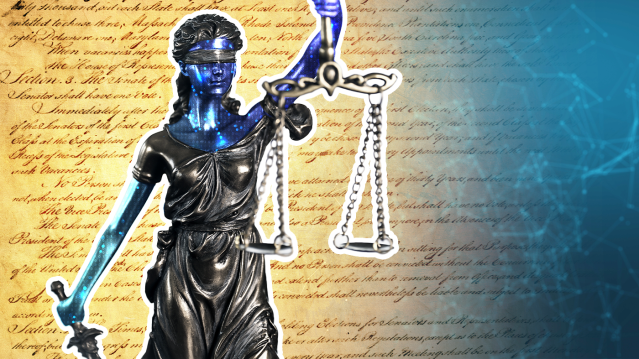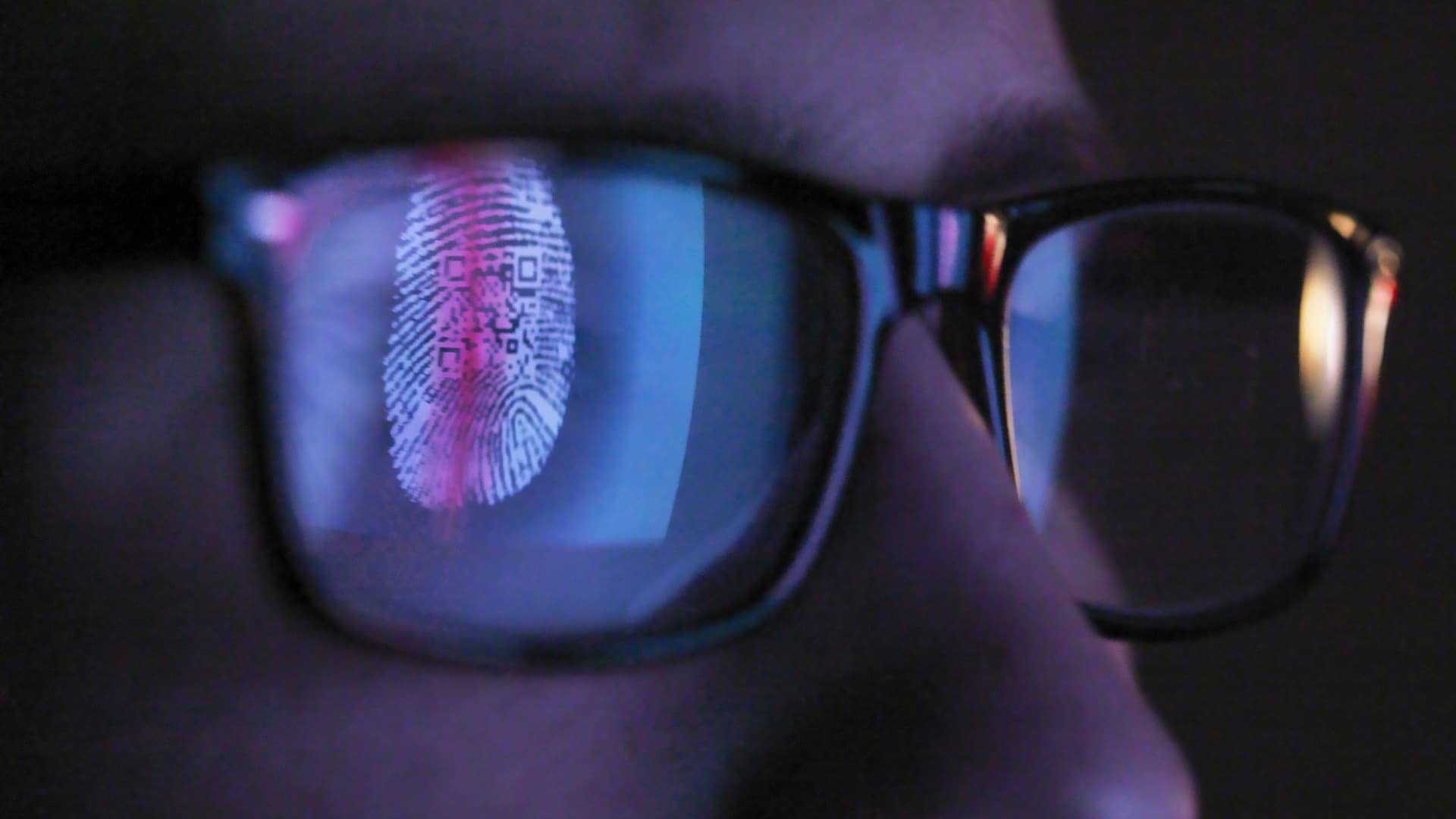Artificial intelligence (AI) is increasingly involved in America’s legal system, albeit often operating behind the scenes. While AI tools contribute to criminal investigations, defendants frequently lack the ability to challenge these digital accusers or understand their impact on their cases.
In many jurisdictions, prosecutors are not obligated to disclose their use of artificial intelligence to the judge or defense counsel. This lack of transparency raises concerns about the fairness and accountability of AI applications in the legal process.
AI and machine learning technologies are utilized by law enforcement agencies to perform various tasks, including identifying faces, weapons, and objects at crime scenes, monitoring live video feeds for suspicious activities, improving DNA analysis, and predicting criminal behavior. Despite their widespread adoption, the proprietary nature of these tools under trade secrets laws hinders public oversight, creating a “black box” within the criminal justice system.
The absence of standardized guidelines on AI usage further complicates the situation. Brandon Garrett from Duke University emphasizes the necessity of establishing clear standards for the development and deployment of AI technologies in law enforcement.
Issues related to AI in the criminal justice system are exacerbated by studies revealing biases in facial recognition technology, particularly in misidentifying individuals of color due to skewed training data. Concerns about the accuracy and fairness of AI applications persist, prompting calls for increased scrutiny and regulation.
Legislation introduced by Rep. Mark Takano aims to address the challenges of testing and transparency in the criminal justice system concerning AI. The bill seeks to ensure that the reliability and fairness of forensic AI algorithms are subject to scrutiny and testing, preventing the use of trade secrets as a shield against cross-examination by defense attorneys.
Despite advancements in AI technology, the lack of transparency and accountability in its application within the legal system raises significant ethical and practical concerns. Efforts to establish standards, testing procedures, and regulatory frameworks are essential to safeguarding the rights of individuals involved in legal proceedings impacted by AI technologies.










